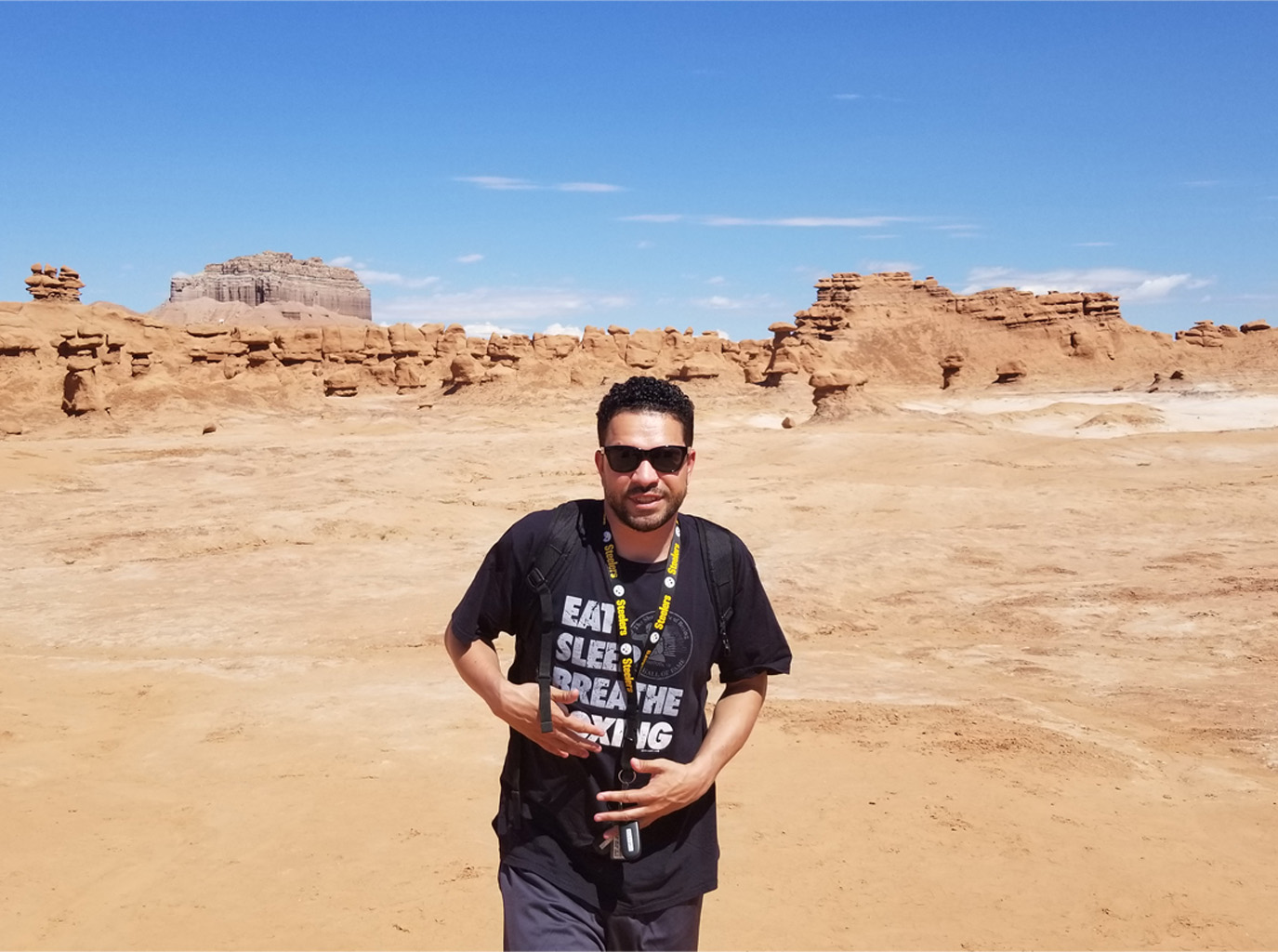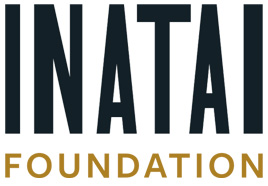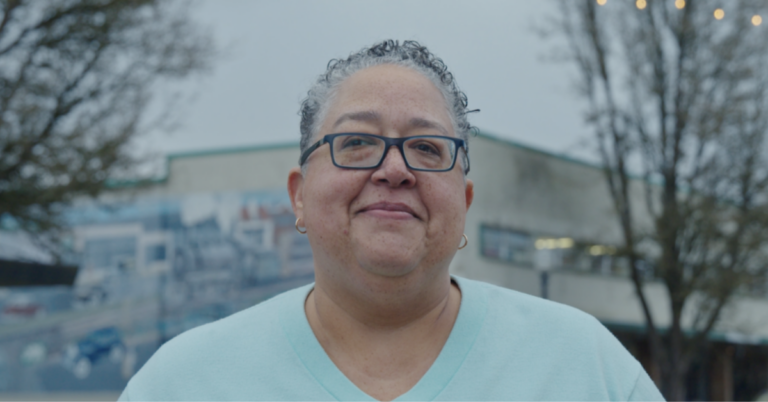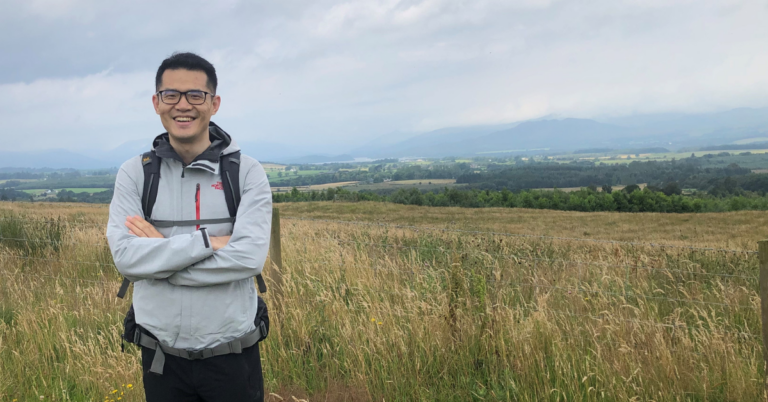Until Feb. 1, 2023, we were Group Health Foundation. This post was written under our former identity. To learn more about our new name, read our announcement here.

Nick in Goblin Valley State Park in Utah during a road trip across the United States.
Nick Allen has joined Group Health Foundation as policy and advocacy director and brings with him more than two decades of experience in law, government, and community-driven advocacy. In this role, Nick will work with foundation colleagues, community leaders, and funding partners to develop and advance public policy priorities as he hires a team, builds relationships, and leverages GHF’s status as 501(c)(4) grantmaking organization.
Most recently, Nick served as deputy director of advocacy at Columbia Legal Services, where community and movement lawyering became an integral practice under his leadership.
“Think of the solar system,” Nick explains. “In a traditional setting, lawyers and other institutional players are seen as the sun, and everybody orbits around them. Community lawyering is when you flip it and put community as the center. They are the source of light, the source of energy, and the source of power.”
As a lifelong resident of Washington, Nick was born and raised in Beacon Hill, Seattle—a neighborhood in the city’s South End where people of color historically lived because of discriminatory housing policies. Nick says growing up in this community has made him keenly aware of how the city and state are not immune from the same racial and economic injustices that have plagued the United States. “I have always been committed to staying in my community and addressing the issues here,” Nick shares.
He left the state for college at the University of Notre Dame, and promptly returned to serve as a legislative aide to former King County Councilmember Larry Gossett. This experience opened his eyes to the innerworkings of the criminal legal system, particularly how it ensures Black and brown people living with low incomes continue to be punished through incarceration and other policies like legal financial obligations or “criminal debt” from fines, fees, and restitution.
“People would go into prison with a couple thousand dollars in legal financial obligations and come out with double or triple that amount,” shares Nick. “I’ve seen people that received a quarter million dollars in debt. When I first learned about this issue, interest started to accrue on legal financial obligations from the day of sentencing. It’s a significant burden that impacts successful reintegration and criminalizes poverty because folks can be thrown back in jail or face other serious consequences for not paying.”
Working for Councilman Gossett also allowed Nick to witness the power of community. He had learned about the issues surrounding legal financial obligations and other issues affecting people in prison and their families from constituents and community-rooted organizations like The Village of Hope and the Black Prisoners Caucus. “I began to see that meaningful change to the criminal legal and other oppressive systems is best accomplished when there are advocates from the community who work on behalf of the people most directly impacted by these systems,” he says.
This realization led Nick to study law at Seattle University and apply what he had learned from community leaders and organizations at Columbia Legal Services. It was here, working alongside community and legal advocates, that they successfully fought for the elimination of interest for non-restitution legal financial obligations and other comprehensive changes. This significantly lessened the debt burden for people leaving the carceral system.
He started at CLS an Equal Justice Works fellow, focusing on legal financial obligations, and then served as a staff attorney and then directing attorney for the Institutions Project, which represented people in Washington’s carceral facilities. Most recently, he led CLS’ ending mass incarceration efforts as deputy director of advocacy, which included both litigation and policy work.
Now at GHF, Nick looks forward to continuing to build and maintain authentic and accountable relationships with his GHF colleagues and community leaders throughout the state. He is also excited about working for a foundation with an explicit focus on racial justice.
“In the world of philanthropy, there are lines that many foundations won’t cross,” says Nick. “And a lot of the times, that line is focused on what is transformative, what is courageous, what is real, lasting, and sustainable change. And from what I’ve seen, GHF has been willing to intentionally enter those waters and take those chances—which really aren’t chances at the end of the day.”



